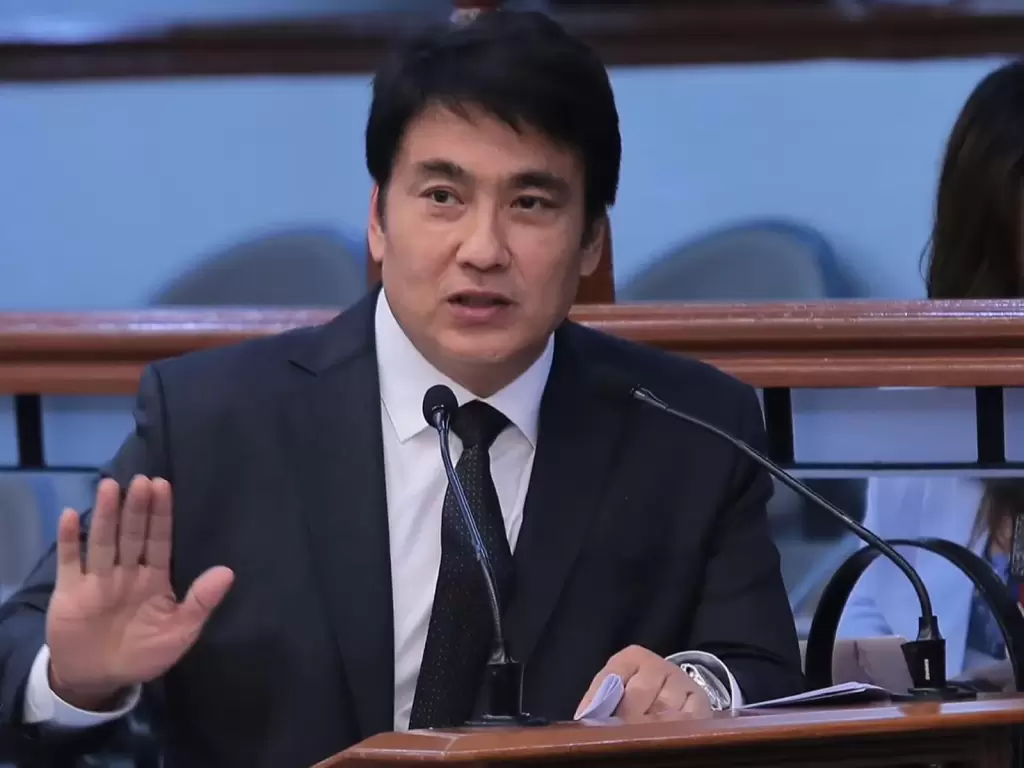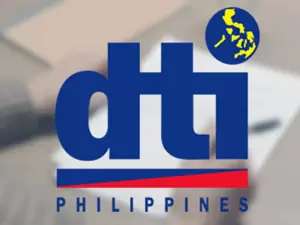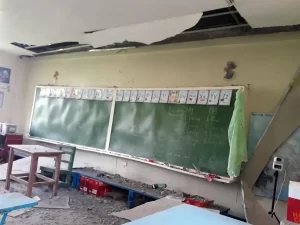
SENATOR Ramon “Bong” Revilla Jr. has attributed his loss in the recent 2025 senatorial race to the spread of false information about him during the election campaign.
He announced his intention to file multiple cyberlibel cases against individuals responsible for disseminating what he terms “fake news,” claiming these malicious falsehoods significantly damaged his reputation and electoral prospects.
Revilla did not specify the exact number of cases he plans to file or the identities of those he intends to sue, but he emphasized his commitment to pursuing legal action against those he believes deliberately sabotaged his campaign.
The senator’s statement highlights the growing concern over the impact of disinformation on electoral processes.
The proliferation of fake news and malicious online content has become a significant challenge in many countries, with the potential to sway public opinion and influence election outcomes.
Revilla’s decision to pursue legal action against those responsible for spreading false information underscores the seriousness of this issue and the potential consequences for individuals who engage in such activities.
His legal pursuit could set a precedent for other politicians seeking to address the spread of disinformation in future elections.
Revilla’s move also raises questions about the effectiveness of current laws and regulations in combating online disinformation.
While cyberlibel laws exist in many jurisdictions, their enforcement can be challenging, particularly in cases involving the rapid spread of false information across multiple online platforms.
The outcome of Revilla’s legal actions will be closely watched, not only for its impact on the individuals involved but also for its potential implications for future efforts to combat the spread of fake news and protect the integrity of electoral processes.
The case could serve as a test of the legal framework’s ability to address the challenges posed by online disinformation campaigns.



